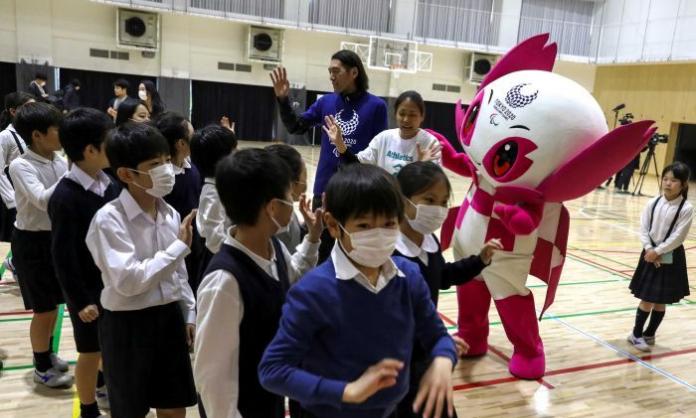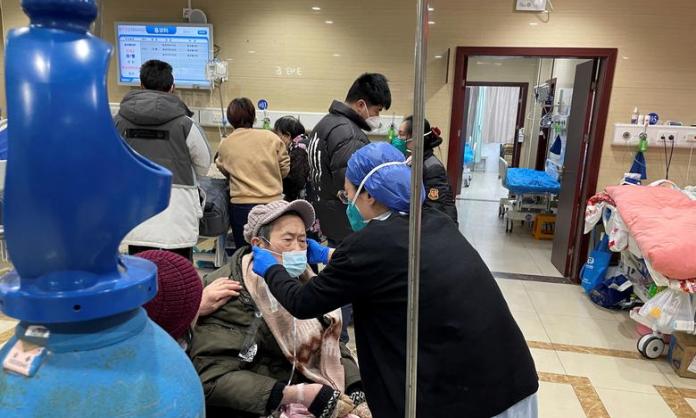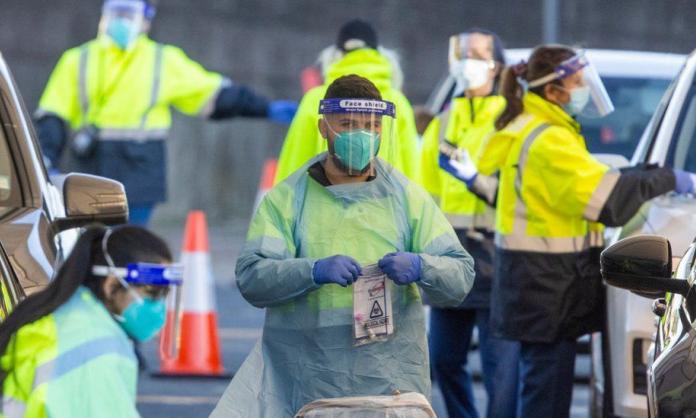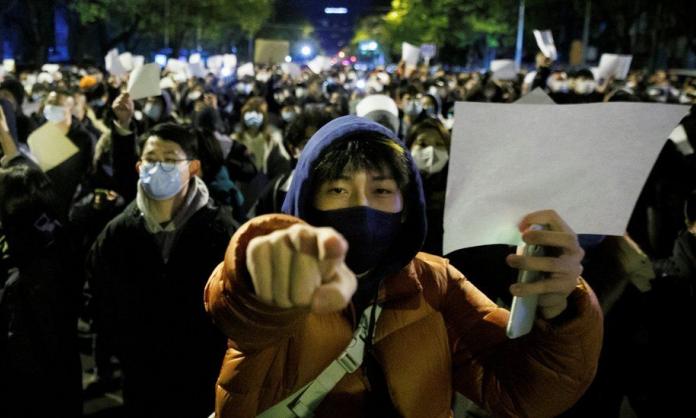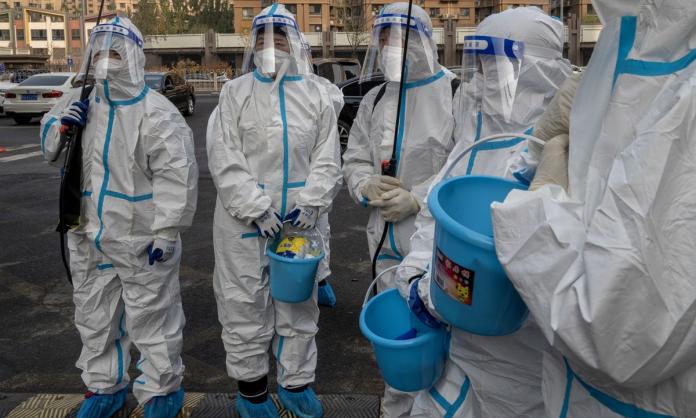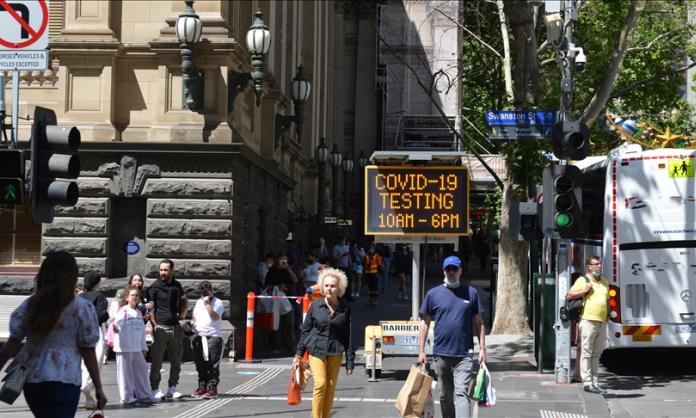Much has been said about COVID-19 and its impact on children. How are they affected and what responsibilities do they and the adults around them have in the context of this historic crisis? I make no claims to any new meaningful health knowledge in this regard, but I do want to say something about the impact of this health and social crisis on the psychology of children and young people.
Like with any crisis that is social, and not always felt immediately at an individual level, there are many ways children, the young and adults can react. One of the most common is some variation of denial and repression. It’s an understandable way of coping. But children and young people are usually more curious than adults – whom life often forces to become professional “deniers”. As they say, ignorance is bliss. Given the individual challenges of living in a capitalist world, this is all pretty obvious.
As children and young people – still learning about the world and how to live in it – the default tends to be to soak in experiences, unless discouraged by the influential adults around you. Again, it is understandable that this is precisely what many families do: shield and shepherd their children from the crises around them.
But should we?
I want to reflect on my own experience and hopefully contribute something to this conversation.
As a child, I experienced a social trauma that engulfed my whole country – Chile in the 1970s. My parents never shielded me from what was going on, either at the time or in the important and formative years that followed. On the contrary, my childhood was dominated by an ongoing conversation about this social and political crisis. And I am extremely confident that I turned out the better for it.
My parents might not have had all the “formal” pedagogical tools that parents get bombarded with in modern parenting bibles, but they did have the simple and very effective approach of treating me like someone who should know and seek out truth. They didn’t just talk about the what, where, when and how; they kept coming back to the “why”.
This is the very least we owe our children, I believe.
This crisis the world is living is not because of some rampant virus. It is not the making of some phenomenon we have no control over. This is a narrative capitalist culture has been pushing on us for decades now – the idea that any such crises are somehow external to society: an alien invasion, a genetic mutation, a freak universe event. We’ve all seen the movies and read the books.
No. Thousands are dying because capitalism kills. No country currently experiencing the pandemic has enough ventilators available for patient care, because health care is a money-making industry and not based on human need. Millions are losing their jobs not because of a virus, but because we work for the profit of companies, not for the wellbeing of society. Capital moves to where it can make money, regardless of what humanity needs – even when those needs are a matter of life and death.
Capitalism is going through a profound crisis. Tens of thousands of people are likely to die, and tens and possibly hundreds of millions will lose their jobs and livelihood. With this will come a new culture of fear and insecurity, and likely a new wave of repression.
But if we fight, and if we make the case, we can set the basis for an alternative. We can start to prepare for the world we need if we are going to save our planet and have a future that is more like a utopia than a dystopia.
This is the conversation children and young people need to be part of. And it’s a responsibility of adults to encourage it.




